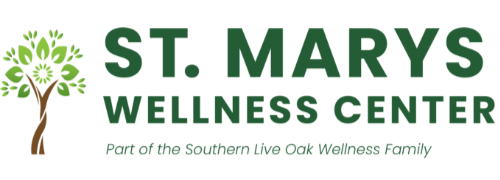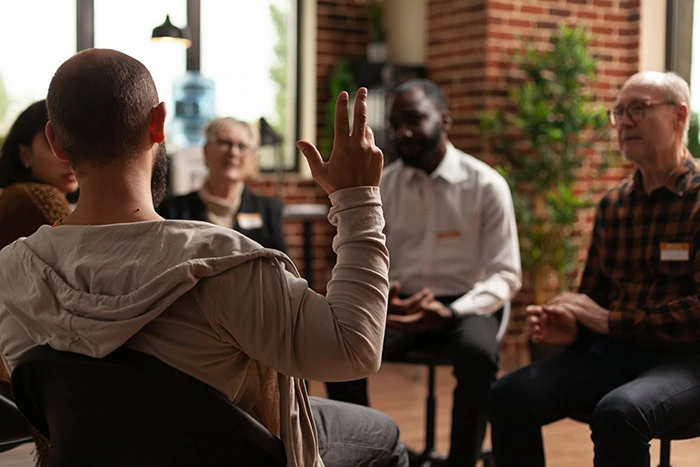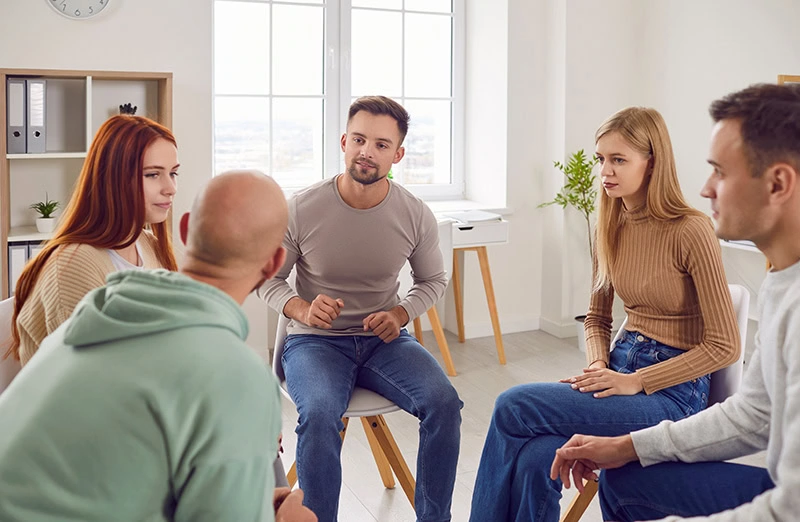Recovery is about more than abstaining from a substance or managing a mental health condition—it’s about building a new life with tools, insights, and support. For many, a key piece of that journey includes something you might not expect: education.
That’s where psychoeducational groups come in. These groups are designed to teach you about the “why” behind what you’re experiencing and empower you with knowledge to manage it. They’re less about sitting in a circle and opening up emotionally—and more about learning how your brain works, how to recognize patterns, and what practical steps you can take to cope better.
Think of it as the classroom of recovery: a place where information meets transformation.
What is a Psychoeducational Group?
A psychoeducational group is a type of therapeutic gathering focused on educating participants about specific mental health conditions, behaviors, or coping strategies. Rather than diving straight into deep emotional work like in traditional group therapy, these groups provide a structured, curriculum-based environment that blends instruction with group discussion.
What Sets Psychoeducational Groups Apart?
These groups are led by licensed therapists, counselors, or clinical facilitators, and they’re often part of broader recovery programs, such as partial hospitalization (PHP), intensive outpatient (IOP), or aftercare services.
- Focus on Education: You’ll learn about addiction, mental illness, trauma, and more from clinical professionals trained to explain complex concepts in simple, relatable terms.
- Interactive Tools: Sessions often include handouts, worksheets, guided activities, and real-life examples that help you apply what you’re learning.
- Supportive Environment: Even though the goal is education, group settings create a shared sense of experience and support among participants.
Who Should Join a Psychoeducational Group?
Psychoeducational groups are suitable for almost anyone experiencing mental health challenges, addiction issues, or even life transitions. They’re especially effective for individuals who may:
- Be new to treatment and need foundational knowledge
- Have co-occurring disorders (e.g., anxiety + substance use)
- Benefit from routine and structure
- Prefer a skills-based approach over open-ended talk therapy
- Want to understand how their thoughts, emotions, and behaviors interact
According to the National Institute on Drug Abuse (NIDA), addiction treatment should address multiple needs—not just substance use—and education is one of the most effective ways to do that.
Common Topics in a Psychoeducational Group
The topics vary based on the population and treatment goals, but here are some of the most commonly covered areas:
- The Science of Addiction: Understanding how substances impact the brain and body
- Cognitive Distortions: Identifying unhealthy thinking patterns and replacing them
- Emotional Intelligence: Learning how to name, manage, and express feelings appropriately
- Relapse Prevention Planning: Recognizing triggers and building a personal prevention strategy
- Stress and Anxiety Management: Techniques such as deep breathing, progressive relaxation, and mindfulness
- Communication Skills: Practicing assertiveness, conflict resolution, and healthy boundary-setting
- Understanding Trauma: Exploring how past experiences shape current behaviors
- Life Skills Training: Budgeting, nutrition, sleep hygiene, and career planning
These sessions are often built around handouts and interactive exercises that help participants engage with the material—not just hear it.
What Makes Psychoeducational Groups Effective?
The beauty of these groups is that they give people tools they can use right away. When individuals understand why they feel or act a certain way, it often lifts a weight off their shoulders. It’s not about being broken—it’s about learning what’s going on and how to manage it better.
The Benefits of Psychoeducational Groups
While the focus is education, these sessions naturally build trust and camaraderie. People see they’re not alone in their struggles—and that sense of connection can be powerful. The benefits include:
- Improved Treatment Retention: Studies suggest people who participate in structured education groups are more likely to stay in treatment programs.
- Higher Self-Efficacy: Gaining knowledge helps people believe in their ability to recover and change.
- Reduced Shame: When people learn that addiction or mental illness has biological, psychological, and environmental factors—not just moral failure—they often feel more hopeful.
- Better Communication and Relationships: Learning how to express needs and feelings can reduce isolation and improve family dynamics.
A Smarter Path to Recovery Starts Here
Recovery isn’t just about surviving—it’s about understanding, growing, and thriving. Psychoeducational groups can help you connect the dots between your emotions, behaviors, and experiences, giving you tools that last well beyond treatment.
At St. Mary’s Wellness, we’re here to walk alongside you. Whether you’re new to recovery or just looking for more support, our compassionate team and evidence-based programs are ready to help. Reach out to us today and take the first step toward clarity, confidence, and a life rebuilt on purpose.




